
Top news of the week in oncology drug development.
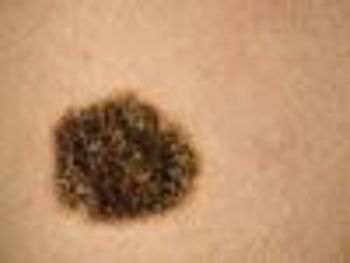
Food additive induces cells to make protective antioxidants and make repairs.

Precision medicine and immune oncology transform cancer treatment.

Optogenetics technique harnesses immune system to reduce tumor size and metastasis.
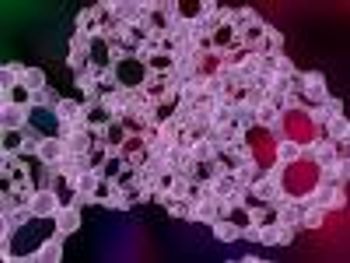
Treatment delivers miRNA to late-stage liver cancer tumors with low toxicity.
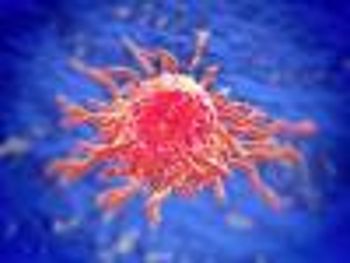
Study estimates cancer will cause an economic burden of $8.3 trillion worldwide from 2011 to 2030.

Women diagnosed with malignant melanoma during pregnancy or within 1 year of giving birth were 5.1 times as likely to die.

Improved colon cancer survival rate attributed to more aggressive treatment.
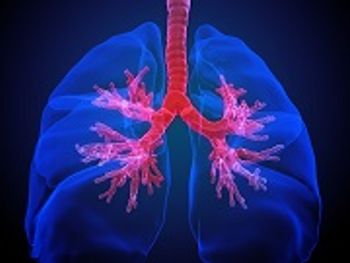
Afatinib showed significant improvement in progression-free survival and objective response rate in non-small cell lung cancer patients.

Dinutuximab is the first immunotherapy approved for the treatment of a pediatric cancer.

Afatinib showed significant improvement in progression-free survival and objective response rate in non-small cell lung cancer patients.

Researchers seek to determine the ideal duration between radiation treatment and the actual surgical removal of cancerous cells.

Nisin shows promise in killing cancer and deadly bacteria resistant to antibiotics.

Annatto is commonly found in the seeds of the achiote fruit.

Newly identified biomarker may help determine whether patients will need chemotherapy post-surgery.

Adcetris is currently the only approved molecular-targeted therapy for Hodgkins lymphoma.

Top news of the week in cancer drug development and research.
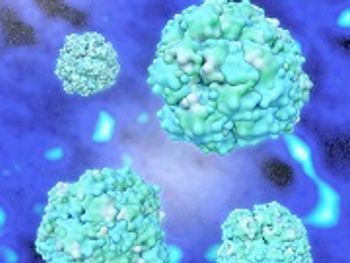
Lynparza is a first in class PARP inhibitor for the monotherapy treatment of patients with metastatic castration resistant prostate cancer.
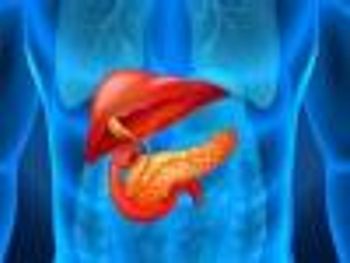
Lynparza is a first in class PARP inhibitor for the monotherapy treatment of patients with metastatic castration resistant prostate cancer.

Adcetris is currently the only approved molecular-targeted therapy for Hodgkins lymphoma.

NFL Hall of Famer and Super Bowl champion Mike Haynes seeks to spread awareness about prostate cancer following his fight with the disease.

Handheld miniature microscope allows surgeons to see cancer at a cellular level.

Younger melanoma patients undergo indoor tanning more frequently than older women with melanoma.
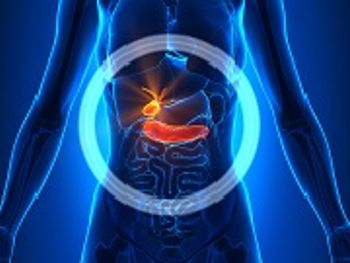
Abraxane and gemcitabine evaluated in first-line patients with metastatic pancreatic cancer.

Abraxane and gemcitabine evaluated in first-line patients with metastatic pancreatic cancer.
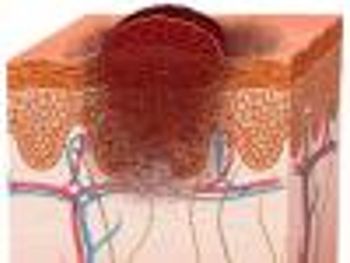
Inherited genetic markers in immune response pathways associated with melanoma survival.

Sirolimus shows promise in decreasing skin cancer risk among organ transplant patients.

The expanded use of Opdivo and Yervoy includes patients with BRAF V600 wild-type mutation-positive unresectable or metastatic melanoma.

The expanded use of Opdivo and Yervoy includes patients with BRAF V600 wild-type mutation-positive unresectable or metastatic melanoma.
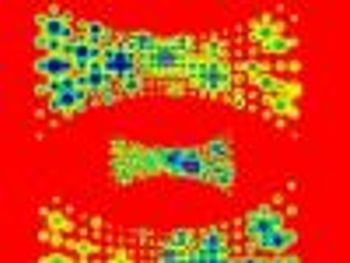
New method may offer safer alternative to target tumors and minimize awful side effects for cancer patients.